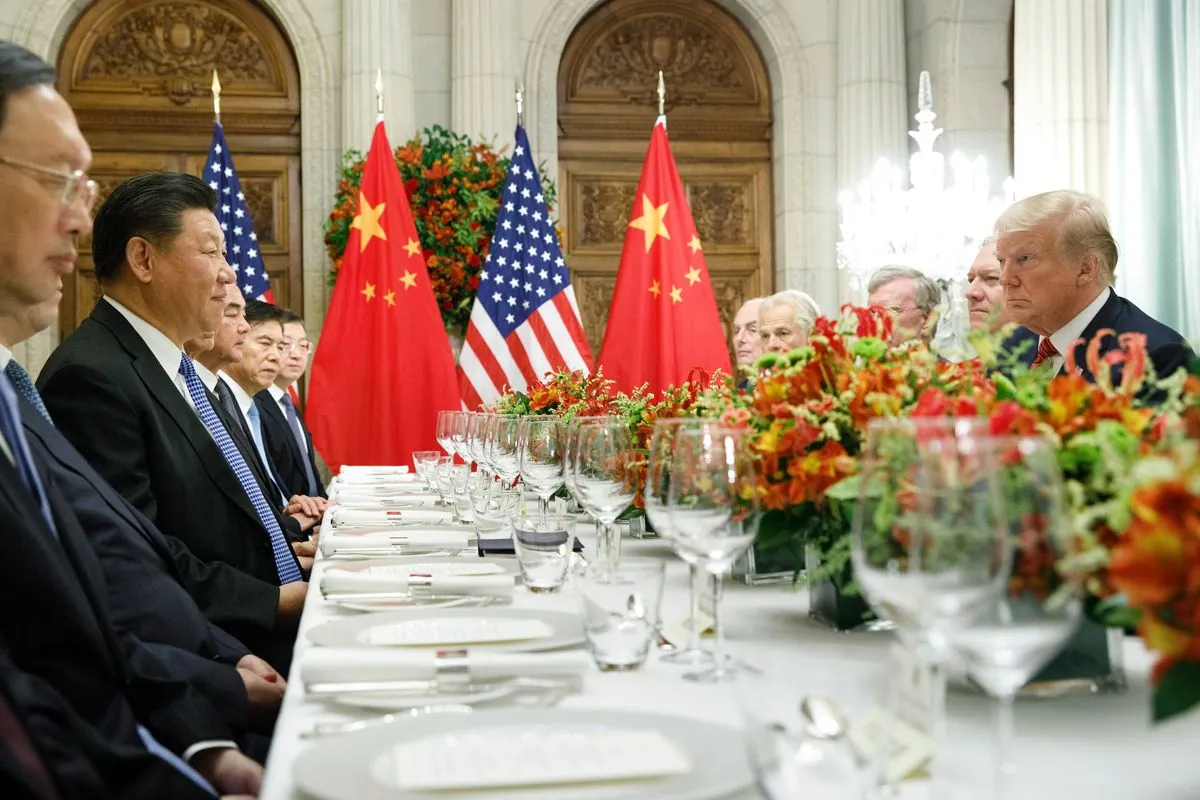Trump's return sparks questions about future US-China relations
Trumpʼs upcoming presidency raises concerns about US-China economic ties and policy direction. Business connections and ideological differences create uncertainty in future diplomatic relations

As Donald Trump prepares to return to office next year several key questions about US-China relations remain unclear. His planned 60% tariffs on Chinese goods might push companies to look for cheaper options in south-east Asia (though his idea for 10-20% tariffs on friendly nations could limit this)
Business ties create complex dynamics: Steve Wynn has big casino investments in Macao while Elon Musk whose Tesla success depends on Beijingʼs support‚ has shown pro-China views. Trumpʼs own history shows how business interests affect policy-making - he changed his mind about ZTE after talking to Chinese leaders in 18ʼ and shifted position on Huawei following a meeting with Xi Jinping in 19ʼ
Kind of pro-China
The choice between ideological and geo-political approaches remains unclear. Marco Rubio who might become Secretary of State has strong anti-communist views but Trump himself praised Xiʼs iron-fist leadership style
In other China news‚ a student bike-riding trend from Zhengzhou to Kaifeng got shut down by authorities after growing too big. Students started the 40-mile rides for fun (and dumplings) but officials saw it as a potential threat when numbers reached 100000
- Carried Chinese flags
- Sang national anthem
- Got warnings from schools
- Created traffic problems
Taiwan is trying to get on Trumps good side by offering a $15-billion arms deal including:
- 60 F-35 jets
- One Aegis destroyer
- About 400 Patriot missiles
Meanwhile Chinese authorities are looking into insurance fraud at China Evergrande Group with several ex-executives likely detained. The investigation comes after problems at AstraZeneca triggered wider industry checks





























